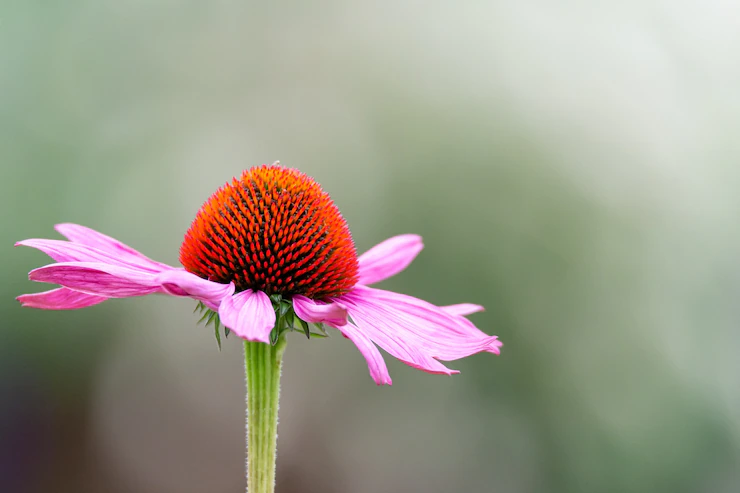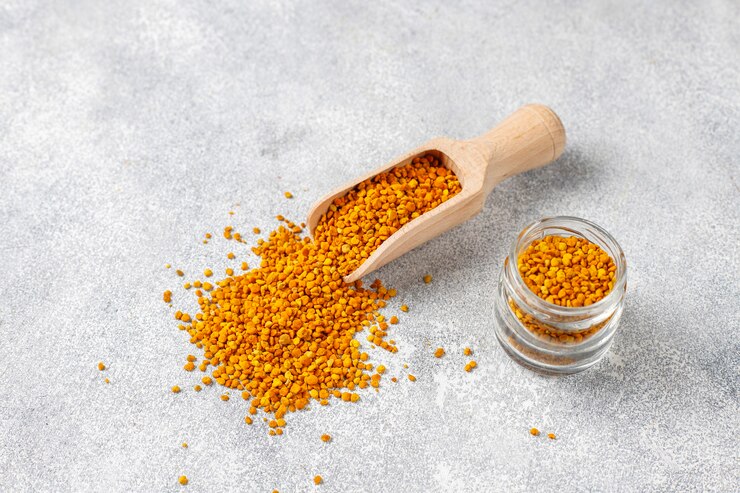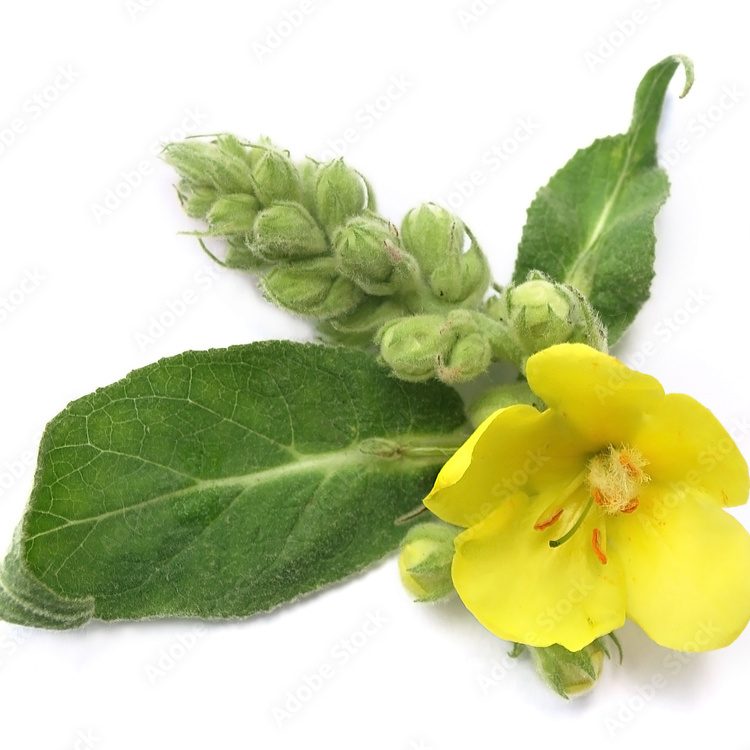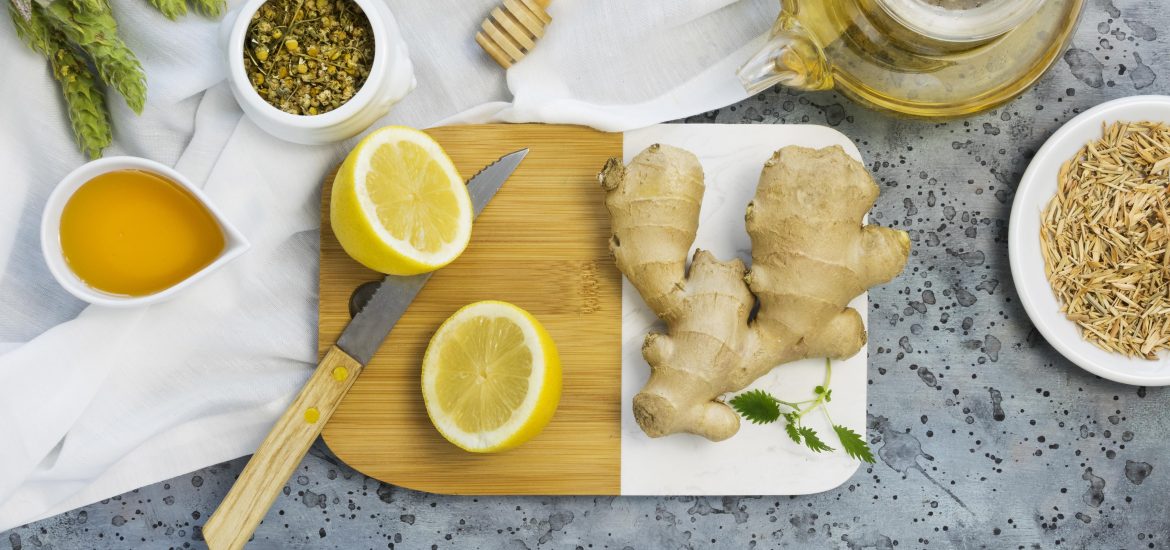Ear infections can be excruciatingly painful and can be treated with herbs. Ear infection can cause persistent dull pain or a sharp burning sensation.
Table of Contents
Ear Infections-5 Amazing Herbal and Home Remedies
Ear Infection Medicinal Herbs
Following are the herbal medicines to treat ear infections:
Wild Indigo (Baptisia tinctoria)
Wild Indigo (Baptisia tinctoria) is a potent antibiotic for treating the upper respiratory tract and different types of ear infections. It is also a well-known anti-catarrhal herb. Wild indigo is especially beneficial in sinus congestion, bacterial infection, and enlarged lymph nodes, as it also acts as a decongestant and lymphatic drainer while fighting disease. This potent herb has a relatively low dose range; the fluid extract has a maximum dose of 1.2 ml for adults.
Echinacea (Echinacea spp)
Echinacea, a standardized formula of this popular herb for ear infections, is available. Echinacea can prevent ear infections and has been shown to reduce the incidence of colds and flu in therapeutic doses. Herbs that help reduce inflammation and drain catarrh should be included in herbal remedies for ear infections. While Echinacea is an excellent antibiotic, wild indigo is superior for ear infections.

Calendula (Calendula officinalis)
This herb’s flowers are well-known for their ability to promote healing and their anti-inflammatory, astringent, and antiseptic properties. Furthermore, new research suggests that calendula can be used as a topical antiviral and anesthetic, soothing inflamed tissue while promoting healing. Calendula is an excellent herb for the upper respiratory tract because it fights infection and aids in lymphatic drainage. This herb should be used with caution if you are allergic to plants in the Aster family, such as daisies and chrysanthemums.

Fenugreek (Trigonella foenum-graecum)
Like calendula, this herb aids lymph node drainage and clears congestion to relieve blocked eustachian tubes. Fenugreek can be taken as a tea and still be beneficial in lymph drainage and fluid extract for more severe cases of ear infections.

Mullein (Verbascum Thapsus)
This herb’s leaf has soothing properties and aids in mucus drainage from the ear. Great mullein helps to calm inflamed tissue and relieve pain associated with ear infections where irritation and inflammation are present, such as internal and external ear infections.

Other herbs discovered or thought to be beneficial for ear infections.
- Alfalfa is a herb (Medicago sativa)
Home Remedies for Ear Infection
Following are the traditional treatment methods and everything you need to know about at-home remedies.
Mullein Oil
Mullein oil, derived from the flowers of the mullein plant, is an effective ear infection pain reliever. Mullein is available as a standalone tincture or as an ingredient in herbal ear drops at most health food stores.
Vitamin D
Vitamin D may be unrelated to ear infections, but it strengthens the immune system. Ear infections are less likely to occur in people with stronger immune systems. According to a 2017 study published in Acta Paediatrica, increasing serum levels of vitamin D through food consumption, supplementation, and direct sunlight may reduce the risk of ear infections.
Oil of garlic
Garlic oil ear drops, which contain antibacterial, antiviral, and antifungal characteristics, can be placed in the ear canal to assist in the killing of bacteria or viruses that may be causing an ear infection.
You can also make your garlic oil ear drops by soaking crushed garlic cloves in warm olive oil. When it comes to ear infections, garlic oil is frequently regarded as the first line of defense. Garlic has strong antiviral and anti-inflammatory properties, making it an effective herbal remedy for viral ear infections. Most air infections in children are caused by viruses, rendering conventional antibiotics ineffective. Garlic oil is inexpensive and available at almost any health food store.
Chiropractic treatment
Tight muscles around the ear may be relieved by chiropractic adjustments, allowing trapped fluid to drain. According to one study published in the Journal of Manipulative and Physiological Therapeutics, chiropractic care may help young children with ear infections.
Peroxide of hydrogen
Hydrogen peroxide can help keep ears clean by keeping dirt and bacteria out of the middle ear. It is especially beneficial in preventing the swimmer’s ear. Apply a small amount of hydrogen peroxide to the ear canal, careful not to get too much into the ear.
Ginger
Ginger, well known for its anti-inflammatory properties, can be applied to the outer ear canal as juice or infused oil, but it should never be put directly into the ear.
Ear drops
Naturopathic ear drops contain a variety of herbs or essential oils. They can help in the treatment of ear infections. Garlic, ginger, tea tree oil, mullein, and other herbs may be present. Natural ear drops are best found at a health food or supplement store.
Changing sleeping positions
If you sleep on your side, try putting your affected ear up instead of down into your pillow. If your ear hurts, sleeping with it on a pillow could hurt even more. If you tell this to a child who might not think of it independently, it can help them sleep better at night.
Apple cider vinegar
It has antibacterial acetic acid; apple cider vinegar may help treat ear infections. You can try this home remedy by mixing equal amounts of warm water and apple cider vinegar in a dropper bottle and then putting a few drops in the ear that hurts. Take a cotton ball and soak it in warm water and vinegar. Then put it on the outside of the ear, and let it soak in.
Facial gua sha
Sajdak also recommends facial gua sha, a massage technique using jade stone or rose quartz to relax muscles and improve circulation. It can be used to loosen up the muscles in the jaw and neck.
Saltwater gargle
Gargling with salt water can help ease the pain and swelling if you have a sore throat and an ear infection. When the eustachian tube gets clogged, it can sometimes cause ear infections. This tube goes from the ear’s middle to the throat’s back. It usually drains fluid from the middle ear, but if fluid builds up, it can cause an infection. Be careful not to put salt in the ear directly.
Olive oil
Even though there isn’t much research on how well olive oil works to treat ear infections, it has been shown to make ear infections less painful. It can make you feel better and soften earwax, making it easier to get out.
Distraction
Having an ear infection can hurt and make you feel bad. One way to lessen the pain is to keep busy with other things. Studies have shown that the less pain you feel, the more active you are. Some ways to get your mind off something are watching a movie, playing a board game, going for a walk, or talking to a friend.
Onions
Some records show that onions were used to treat ear infections hundreds of years ago. After cooking an onion and letting it cool, cut it in half. Either squeeze a few drops from the onion and put them in your ear or hold it to your ear. Many people agree that this is a quick and effective way to ease the pain of an ear infection.
Basil
Basil is also used to treat ear infections at home. It has many antibacterial and antioxidant properties. One study showed that basil effectively treats ear infections caused by common bacteria. Crush a few basil leaves and squeeze out the juice. Then, put one to two drops in the ear.
Oil of tea tree
Ear infections can be made better with the help of tea tree oil. It is a main ingredient in many skin care products because of its anti-inflammatory and antimicrobial properties. Add a few drops of tea tree oil to a tablespoon of olive oil, warm it up, and then put a few drops in the ear that is hurting. After three minutes, turn your head to the side to let the water out of your ear. Be careful because it’s not well-known how tea tree oil can hurt the ear.
There is some evidence that high concentrations of tea tree oil can cause ototoxicity (loss of hearing, problems with balance, or damage to the ear), but more research is needed to find out the details. A few drops of tea tree oil mixed with olive oil should be fine, but keep an eye out for symptoms that get worse, like more pain or hearing loss. If these things happen, you should see a doctor.
Top Ear Infection Foods
- Water: Aids in hydration and mucus removal.
- Fish caught in the wild: Omega-3 fats found in wild-caught fish (chia seeds and flaxseeds) aid in reducing inflammation.
- Nondairy infant formula: If a baby drinks formula, Experts recommend switching to formulas based on coconut or goat’s milk, which tends to cause fewer allergies. Breastfeeding, on the other hand, is the best option.
- Vitamin C-rich fruits and vegetables: Maintains a strong immune system, which aids the body’s ability to fight infection.
Foods to Avoid Allergic Reactions
- Conventional dairy, gluten, prawns, and peanuts are all common allergens.
- Dairy in the traditional sense
- Pasteurized cow dairy products can cause mucus and aggravate the infection.
- Sugar impairs immune function and promotes inflammation.
- Foods that have been processed
These foods may contain chemicals and dyes to which young children are sensitive.
Remedies for Ear Infections
- Ear drops with garlic oil (2 warm drops in ear daily).
- Garlic oil has antibacterial and anti-inflammatory properties.
- Zinc (10 mg 2x a day for those older than two years old) (10 mg 2x a day for those older than two years old).
- Zinc promotes healing and immune function.
- C vitamin (1,000mg 3x a day for adults, 500 mg 2x daily for children 6–12 years old).
- Vitamin C boosts immune function and reduces inflammation.
- D3 vitamin (400 IU – 2,000 IU daily ages 2–12).
- Vitamin D3 is beneficial to the immune system.
Before using any herbal product or home remedy it is important to consult with a doctor, as they can cause some side effects too without any expert advice.

